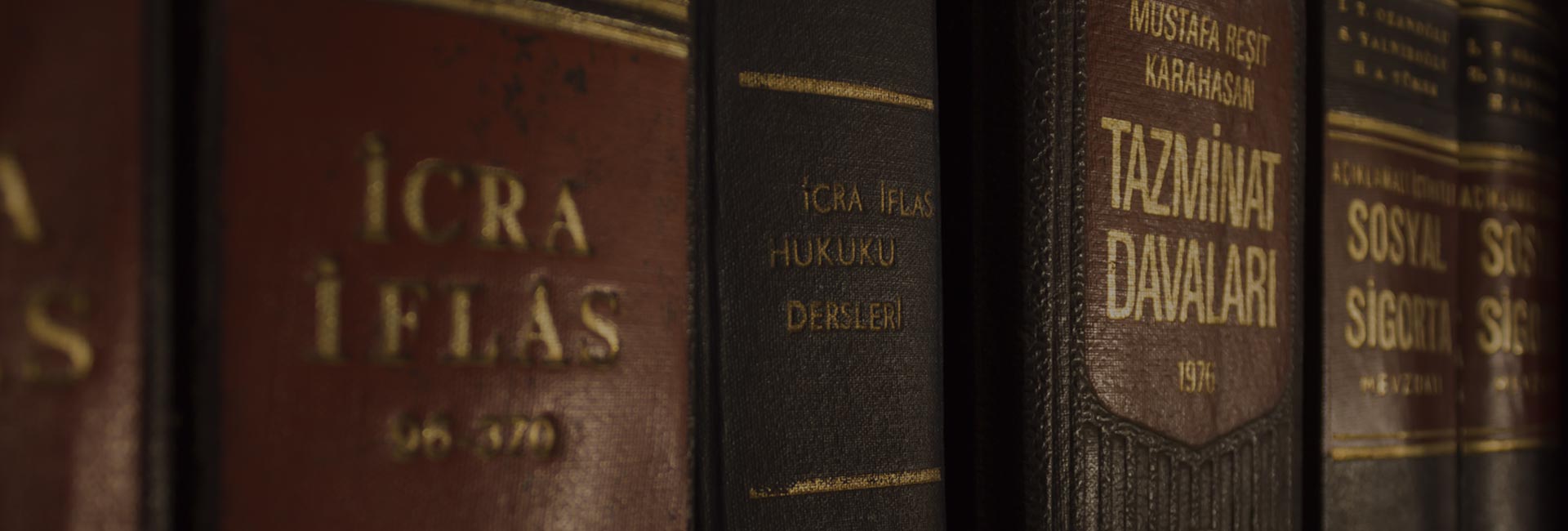Current Location : Home > Publications
Publications
Publications
CNIPA Changing Attitude to Consent Letter for Identical Trademarks
DATE:2020-01-16 FROM:LexFieldNancy Zhang
• Consent letter is often a strategy used to overcome a refusal issued by the CNIPA where there is potential confusing similarity between marks.
• This strategy has a much lower chance of success when the marks are identical.
• Artful drafting of the consent letter and crafting the specifications will increase the chances of being accepted by the CNIPA, including identical marks.
1. Case background information
The China National Intellectual Property Administration
("CNIPA") recently supported the Review on Refusal filed by a US company by
accepting the consent letter involving two identical trademarks. In this case, the CNIPA recognized that the
co-existence of the two identical trademarks (hypothetically referred to as "ABC")
is not likely to confuse the public on the same software products (though for
different purposes), and thereby decided that the applied-for trademark be
approved for registration.
|
Applied-for Trademark |
Cited Mark |
|
ABC |
ABC |
|
Claimed goods: Computer software for use in the field of telecommunications services; computer software for extending loans and lines of credit to telecommunications customers, and others and so on (Class 9) |
Claimed goods: Computer software for clinical case management, patient data collection, quality outcome analysis, risk analysis, healthcare financial analysis, and health insurance claims reporting in the field of healthcare (Class 9) |
2. Benefits and significance
A consent letter is a written document signed by the owner of a senior trademark consenting to the registration and use of a junior identical or similar trademark on the same or similar goods or services.
Although there are no express provisions in Chinese
Trademark Law for a consent letter, in practice, it has become a common remedy
for the applicant to overcome cited marks. Nevertheless, this available remedy is not always accepted by the
CNIPA. In examining the consent letter,
apart from private interests, the CNIPA will consider whether the co-existence
of the trademark will have a prejudice effect on the public's interests. Generally, for two identical trademarks, the
CNIPA adopts a very conservative attitude in accepting the consent letter,
considering that the likelihood of confusion is inevitable, and the public
interest will be jeopardized and thus tending to reject the consent letter.
This case demonstrates the CNIPA's increasing flexible
attitude in accepting the consent letter. Although the trademarks are identical and the goods of both parties are
all computer software, the CNIPA fully considered the type and potential users
of the respective computer software and therefore recognized that no confusion
would be likely.
Although the CNIPA's examination is conducted on a
case-by-case basis, it provided guidance for future cases.
3. Practical Tips for Applicants to Overcome Citations to Obtain Trademark Registration via Letters of Consent
These guidelines should be followed in seeking a consent letter as the remedy to overcome an identical cited mark:
a. Using
specifications with limitation language in filing new applications, which
should minimize the risk of confusion. The limitation language should not only help increase the chances in
obtaining a consent letter from the owner of the cited mark but also help
persuade the CNIPA to accept the consent letter.
b. Illustrating, in detail, in the consent letter the differences between the goods/services under the respective trademarks, such as different functions, different target consumers, and actual use information including actual use manner. All of these considerations would help to support the examiner's discretion to believe no confusion is likely in the actual use of the trademarks.
- PREVIOUS: Tips from the First Life ...
- NEXT: "Retail Services" Get a N...
- RETURN




